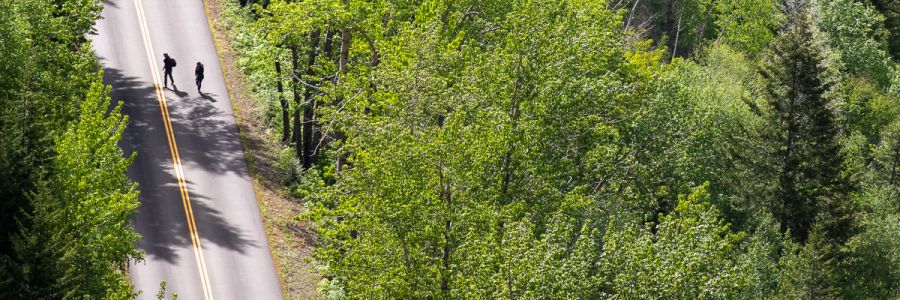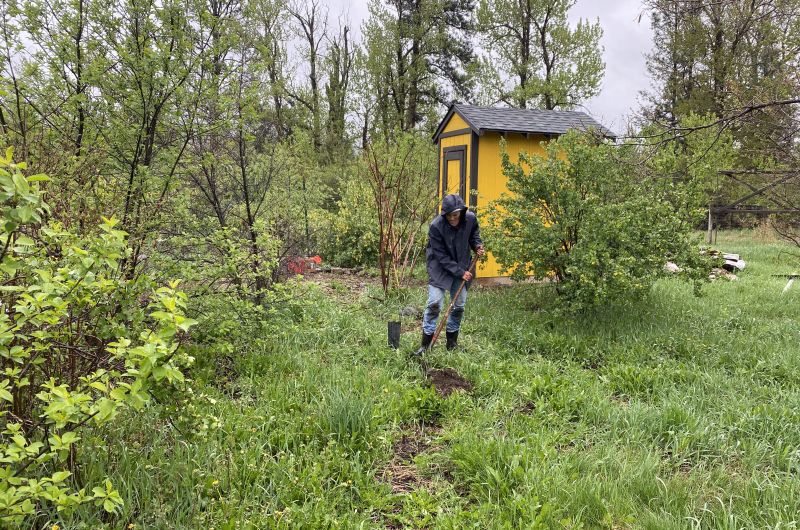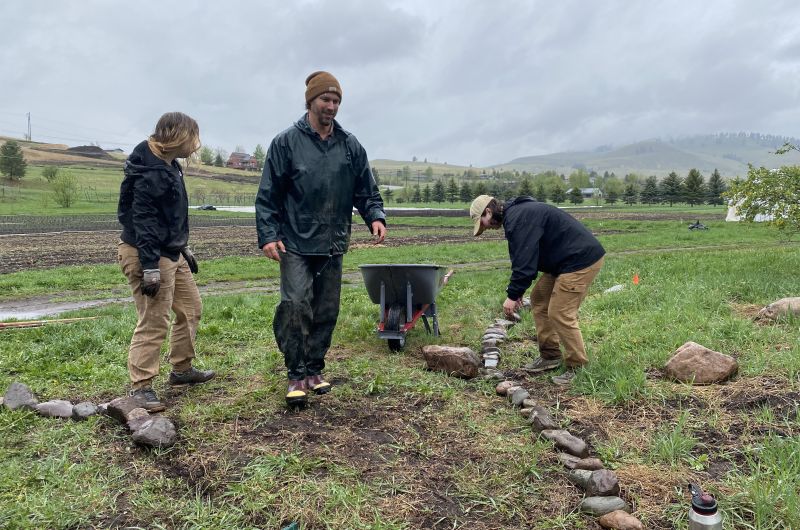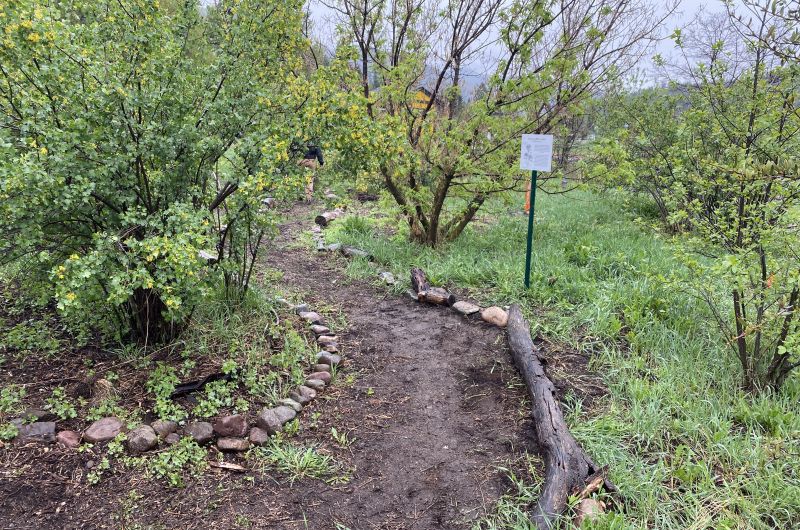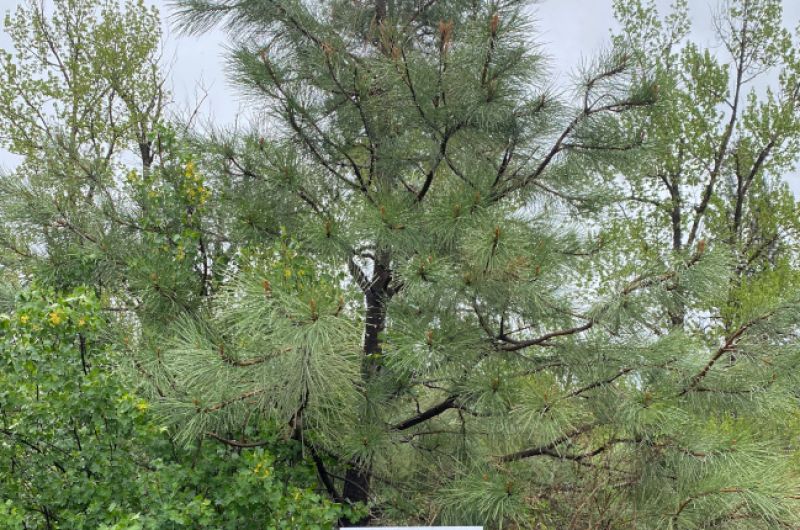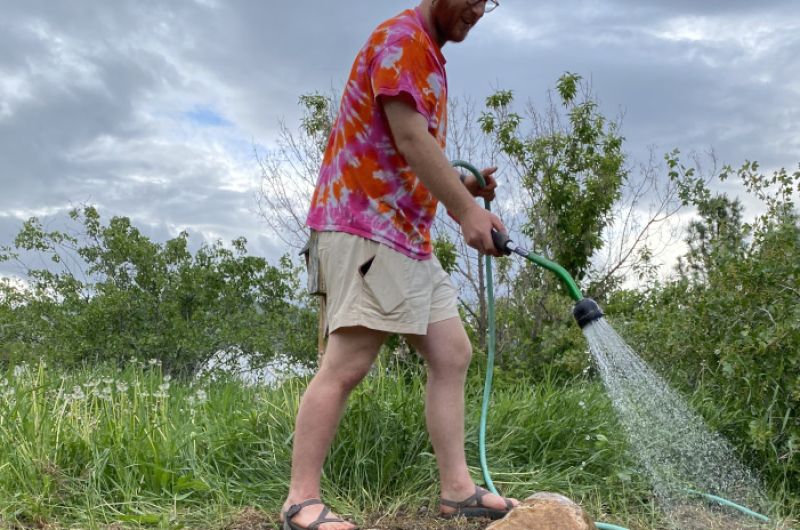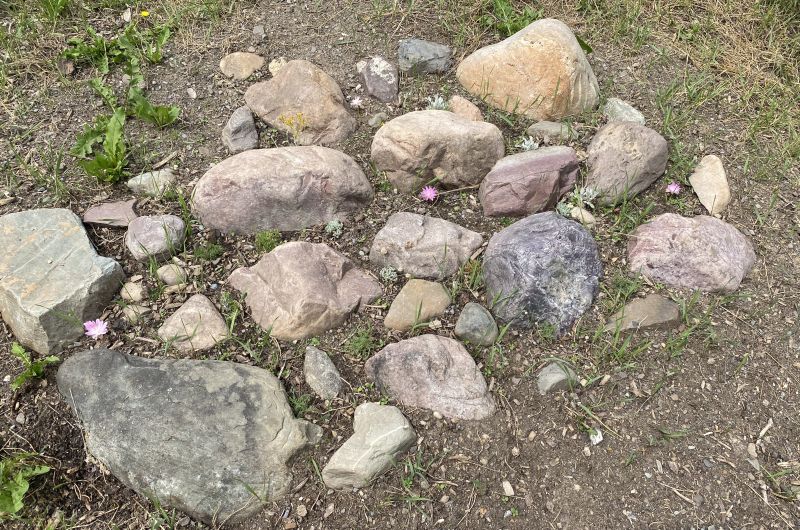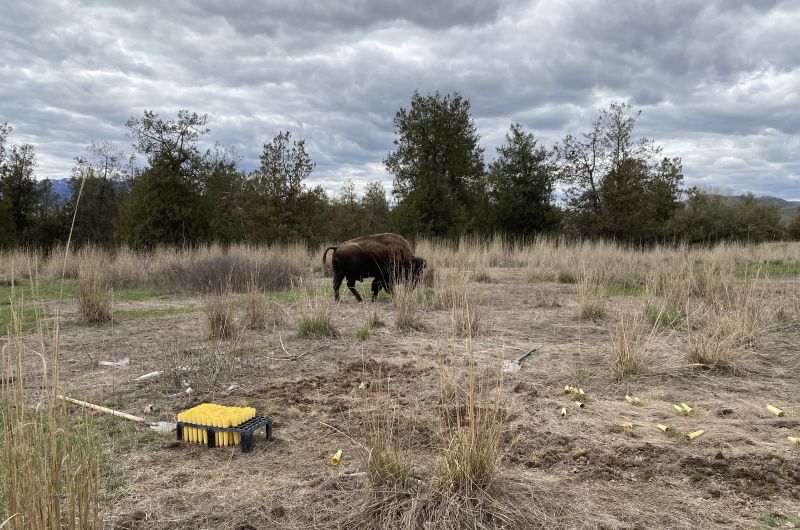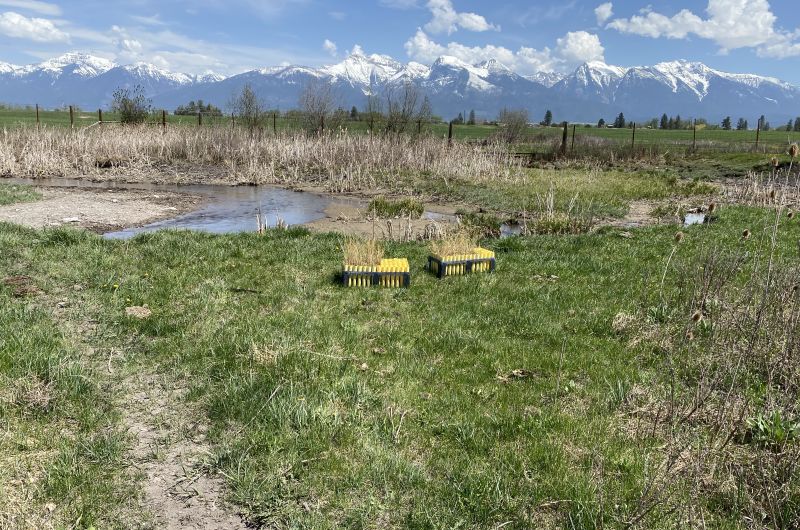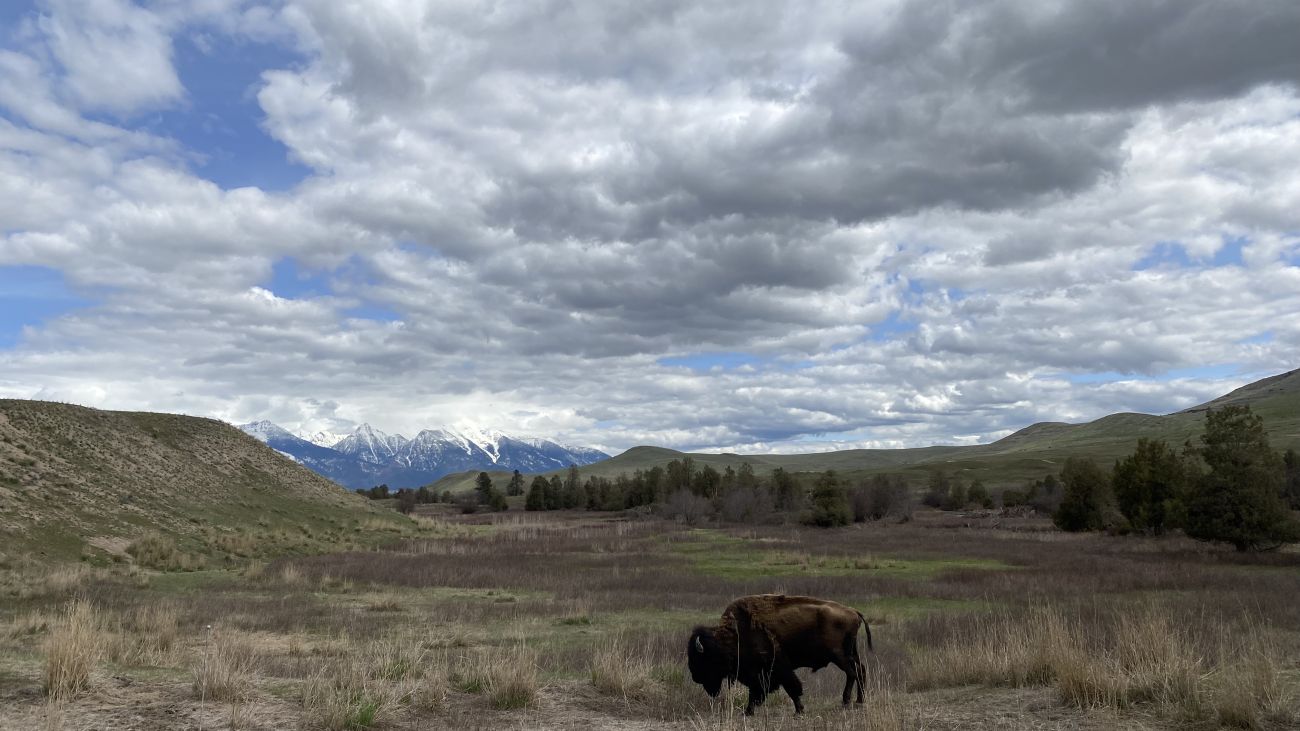
Otherwise than Colonial, or Beyond Possession
Land Acknowledgement
I respectfully acknowledge that this Civic Engagement Project was conducted in the aboriginal territories of the Séliš and Ql̓ispé people. Today, I honor the path they have always shown us in caring for this place for the generations to come.
(Adapted from language created by the Séliš-Ql̓ispé Culture Committee for the 91次元)Personal Introduction
Thank you for visiting my Civic Engagement Project (CEP) webpage!
My name is Kaleb Cohen. Before getting into my CEP, I want to give you some of my family and geographic background that is integral to who I am and how this CEP has come about.
I am a descendent of European settlers who came to this continent from varying lands and for varying reasons. My mother's side is mostly from western Europe (England and Scotland) and my father's side is made up entirely of Ashkenazi Jews from what is now Belarus.
I grew up in Southern California suburbia, where I learned to love the ocean, the mountains, desertscapes, and food. After college, I moved to Washington state to pursue other climatic experiences—and farming. I settled in Nłʔaycčstm (the Missoula area) in 2021 to start graduate school in philosophy. This CEP is the culmination of my time in the philosophy department at the 91次元.
The Civic Engagement Project (CEP)
In my CEP, I aimed to conceive and enact a distinctly Jewish and decolonial relationship with land in the particularities of Nłʔaycčstm.
I attempted to accomplish this through three interrelated projects:
- Organizing a Jewish environmental book study
- Facilitating a celebration of Tu BiShvat 5783/2023
- Contributing to the PEAS Farm native plant garden
And, in the Theoretical Applications section below, I connect three of my core philosophy seminars to these projects. (A full account of my CEP is contained in my CEP Portfolio, which you can access below.)
But before I tell you about each of these projects, I want to acknowledge my indebtedness and deep thankfulness to some of those who have been integral to the formulation of this CEP.
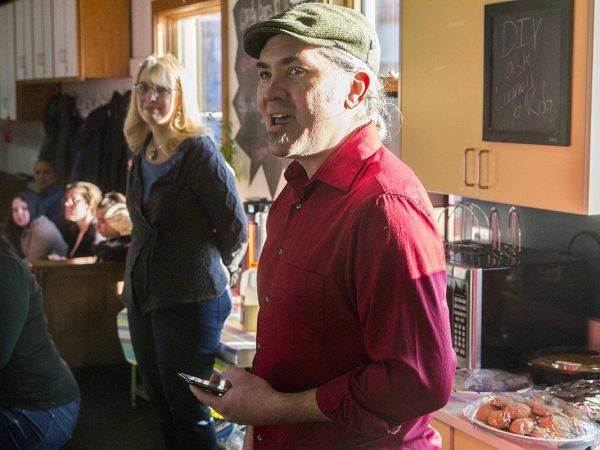
Dedication to Sol Neely
Sol Neely (1973-2022) has had a great deal of influence on my intellectual and personal development, especially his contributions to Indigenous phenomenology and Jewish philosophy and his commitment to social justice and decolonization. He died suddenly and tragically in October, 2022. To honor his life and his legacy, I dedicate this CEP to Sol and his memory.
